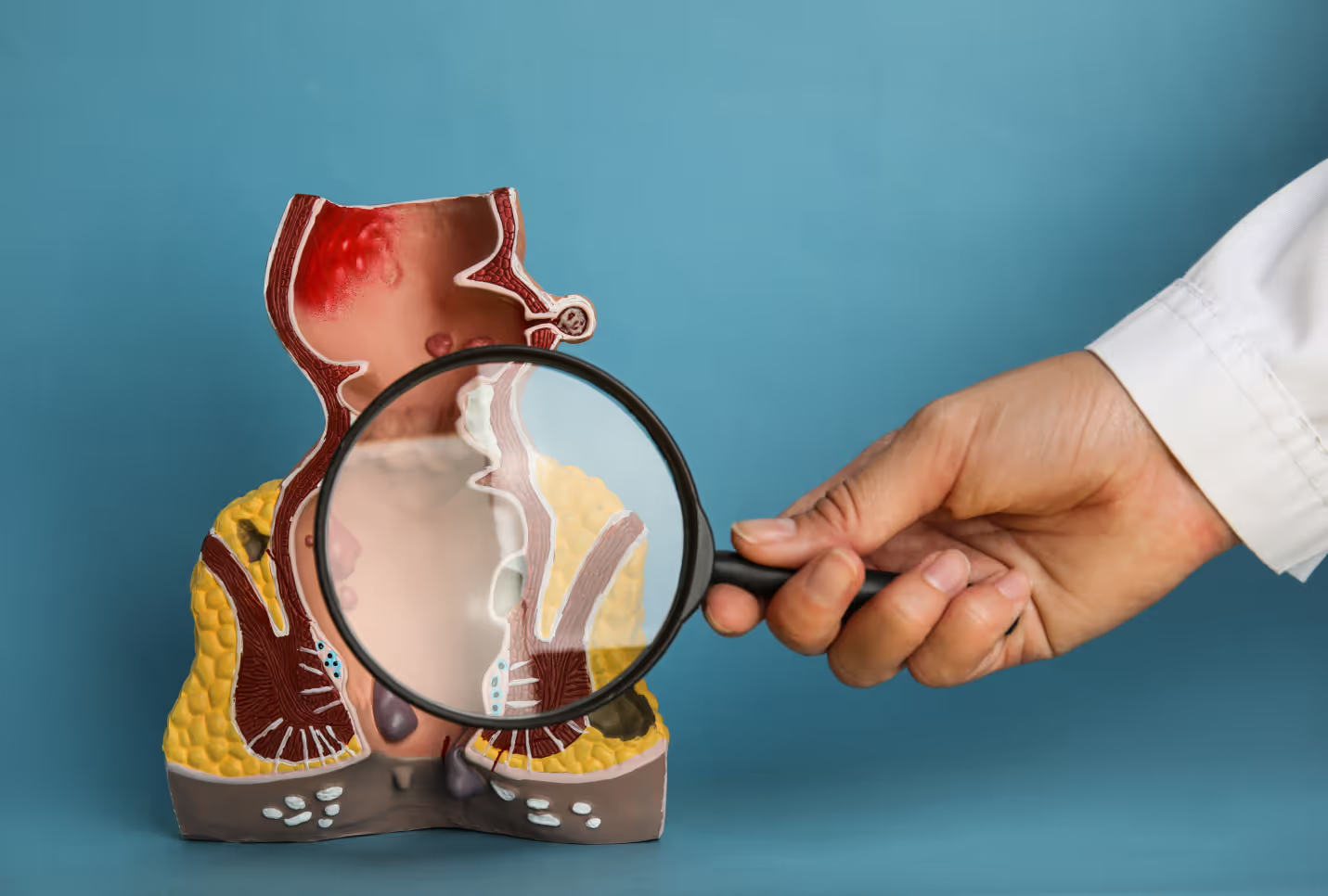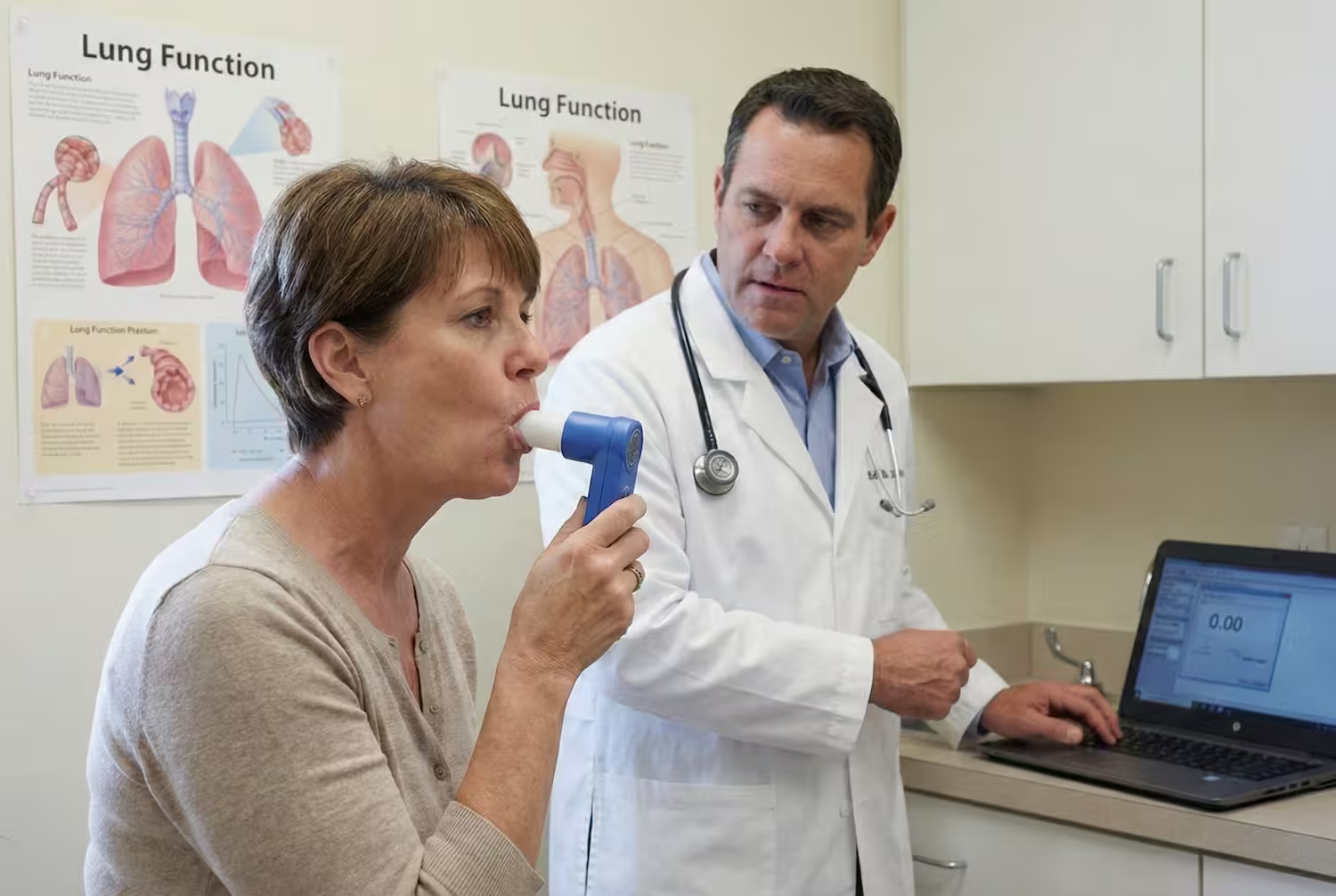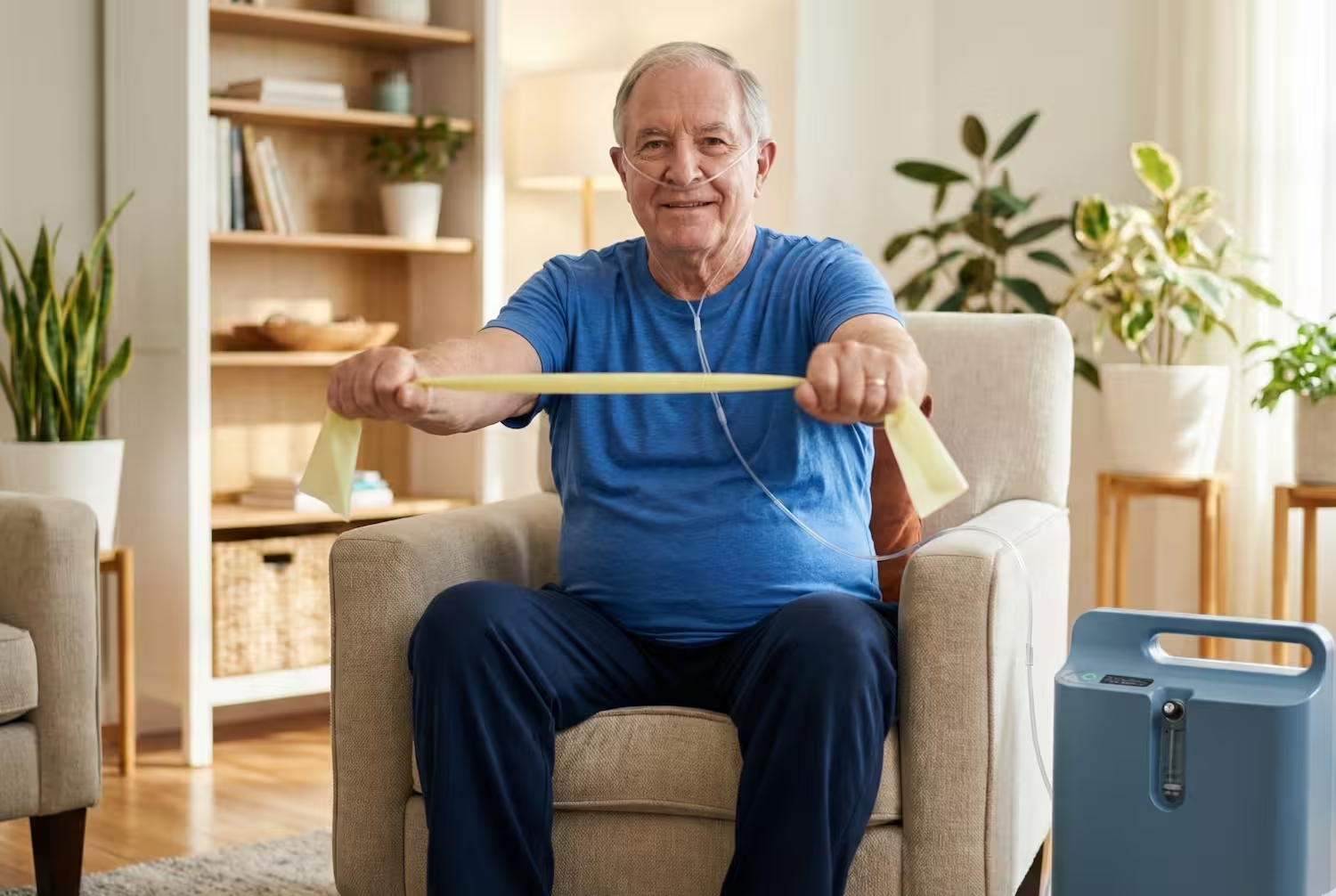
Hemorrhoids are a common medical condition that affects millions of individuals worldwide. While often manageable, untreated hemorrhoids can lead to a variety of health complications and significantly impact daily life.
In this comprehensive article, we’ll explore the different types, causes, symptoms, complications, and treatment options for hemorrhoids. With this information, you can work with a healthcare provider to make educated decisions for your health.
What Are Hemorrhoids?
Hemorrhoids, also known as piles, are vascular structures located in the anal canal. They consist of blood vessels, connective tissue, and smooth muscle, playing a role in maintaining anal continence.
These structures can be classified into two primary types: internal hemorrhoids and external hemorrhoids.
- Internal hemorrhoids develop inside the rectum, making them less visible. They are typically painless but can cause discomfort during bowel movements. One of the most common symptoms of internal hemorrhoids is bleeding, which may be noticed as bright red blood on toilet paper or in the toilet bowl.
- External hemorrhoids, on the other hand, occur outside the anus and are more visible. They can cause itching, pain, and swelling in the anal area. In some cases, blood clots may form within external hemorrhoids, leading to a condition called thrombosed hemorrhoids. This can cause severe pain and tenderness in the affected area.
Causes of Hemorrhoids
To effectively manage and prevent hemorrhoids, it is important to understand the underlying causes. Hemorrhoids typically develop due to increased pressure in the veins of the rectum and anus.
This pressure can be a result of various factors, including:
- Straining during bowel movements: Forcing and straining while trying to pass stool can put excessive pressure on the veins in the rectum and anus, leading to the formation of hemorrhoids.
- Chronic constipation: Struggling with regular bowel movements can lead to straining during bowel movements, which increases the pressure in the anal area and can contribute to the development of hemorrhoids.
- Sedentary lifestyle: Lack of physical activity and prolonged periods of sitting or standing can contribute to poor blood circulation and increased pressure in the anal area, making individuals more susceptible to developing hemorrhoids.
- Inadequate fiber intake: A diet low in fiber can lead to constipation and hard stools, which require straining during bowel movements. Adequate fiber intake helps maintain soft and bulky stools, reducing the risk of hemorrhoids.
- Obesity: Excess weight and obesity can contribute to increased pressure on the veins in the lower rectum and anus, making individuals more prone to hemorrhoids.
- Pregnancy: Hormonal changes during pregnancy, along with the pressure exerted on the pelvic area by the growing uterus, can lead to the development of hemorrhoids. Constipation, which is common during pregnancy, further exacerbates the risk.
Other factors that may contribute to the development of hemorrhoids include aging, as the tissues supporting the veins in the rectum may weaken over time, and a family history of hemorrhoids, which suggests a genetic predisposition. Certain medical conditions, such as liver disease, may also increase the risk of hemorrhoids.
What Are the Symptoms of Hemorrhoids?
Hemorrhoids can manifest with a variety of symptoms, which can vary depending on the type and severity of the condition.
Common symptoms of hemorrhoids include:
- Itching: An irritating sensation around the anus is a common symptom of hemorrhoids. Itching may occur externally or internally, depending on the location of the hemorrhoids.
- Discomfort: Hemorrhoids can cause discomfort, ranging from a mild ache to a more significant pain sensation. This discomfort is often exacerbated during bowel movements or prolonged periods of sitting.
- Pain: External hemorrhoids can be particularly painful due to inflammation and irritation of the sensitive skin around the anus. Thrombosed hemorrhoids, which contain blood clots, can cause severe pain and tenderness.
- Bleeding: One of the most noticeable symptoms of hemorrhoids is bleeding, typically occurring during bowel movements. The blood is often bright red and may be seen on toilet paper or in the toilet bowl.
- Swelling: External hemorrhoids may result in visible swelling or the formation of a lump near the anus. This swelling can cause discomfort and make sitting or moving challenging.
It’s important to note that internal hemorrhoids may not cause noticeable discomfort unless they prolapse. It’s crucial to recognize these symptoms to seek appropriate medical attention. While hemorrhoids can often be managed with conservative measures, persistent or severe symptoms may require intervention to alleviate discomfort and prevent complications.
What Are the Complications of Untreated Hemorrhoids?
Untreated hemorrhoids can lead to various complications that can significantly impact a person's well-being.
It’s important to address hemorrhoids promptly to prevent the following complications.
Thrombosis
External hemorrhoids can develop blood clots within them, leading to a condition known as thrombosed hemorrhoids. This can cause intense pain and swelling in the affected area. Thrombosed hemorrhoids may require medical intervention, such as drainage or surgical removal, to alleviate the pain and discomfort.
Prolapse
Hemorrhoids, particularly internal hemorrhoids, can prolapse or protrude outside the anus. When this happens, the hemorrhoids may become trapped outside the anus, leading to persistent discomfort and the risk of strangulation. Strangulated hemorrhoids occur when the blood supply to the prolapsed hemorrhoids is cut off, causing severe pain and potentially requiring emergency treatment.
Anemia
Chronic bleeding from hemorrhoids, especially when left untreated, can result in anemia. Anemia occurs when there is a decrease in the number of red blood cells or a decrease in the amount of hemoglobin in the blood. This can lead to fatigue, weakness, shortness of breath, and a reduced ability to engage in daily activities.
How Can Hemorrhoids Impact Daily Life and Well-being?
Hemorrhoids can have a substantial impact on a person's daily life and overall well-being. The physical symptoms associated with hemorrhoids, including pain, itching, and discomfort, can make it difficult to carry out routine activities comfortably.
Here are some ways in which hemorrhoids can impact daily life:
- Sitting: Hemorrhoids can make sitting for extended periods uncomfortable and painful.
- Work and productivity: The pain and discomfort caused by hemorrhoids can affect concentration and productivity at work.
- Physical activities: Engaging in physical activities, such as exercise or sports, can be uncomfortable for individuals with hemorrhoids.
- Personal hygiene: Hemorrhoids can interfere with personal hygiene routines, such as cleaning the anal area after bowel movements.
- Psychological impact: Hemorrhoids can cause embarrassment and self-consciousness, leading to psychological distress and reduced quality of life.
How Are Hemorrhoids Treated?
When it comes to the treatment of hemorrhoids, the approach varies depending on the severity and type of hemorrhoids. Consulting a healthcare professional is crucial in determining the most suitable treatment plan.
Here are some common treatment options.
Lifestyle Modifications
Mild cases of hemorrhoids can often be managed effectively with lifestyle modifications. These modifications include making dietary changes and adopting healthy habits.
Increasing your fiber intake by eating fruits, vegetables, whole grains, and legumes can promote regular bowel movements and soften the stool, reducing the strain during bowel movements. Staying hydrated by drinking an adequate amount of water can also help soften your stools.
Additionally, avoiding excessive straining during bowel movements and incorporating physical activity into daily routines can help prevent the worsening of hemorrhoids.
Topical Creams and Ointments
Over-the-counter topical creams and ointments can provide temporary relief from itching, discomfort, and inflammation associated with hemorrhoids. These products typically contain ingredients such as hydrocortisone, witch hazel, or numbing agents.
Medical Interventions
In more severe cases or when conservative measures do not provide sufficient relief, medical interventions may be recommended.
These interventions are typically performed by healthcare professionals and may include:
- Rubber band ligation: This procedure involves placing a small rubber band around the base of the hemorrhoid to cut off its blood supply. Over time, the hemorrhoid shrinks and falls off.
- Sclerotherapy: In this procedure, a chemical solution is injected into the hemorrhoid to shrink and harden it, leading to its eventual disappearance.
- Minimally invasive procedures: There are several minimally invasive procedures available, such as infrared coagulation (IRC), laser coagulation, or bipolar diathermy. These procedures use various methods to shrink and remove hemorrhoidal tissue.
- Surgical removal: The surgical removal of hemorrhoids is typically reserved for rare, severe cases that do not respond to other treatment options. This procedure is known as a hemorrhoidectomy and involves surgically removing the hemorrhoidal tissue.
How Can You Prevent Hemorrhoids?
Preventing hemorrhoids involves adopting healthy habits and making lifestyle modifications. Many of these modifications are the same as the commonly suggested treatments for hemorrhoids.
Here are some preventive measures to consider:
- High-fiber diet: Consuming a diet rich in high-fiber foods such as fruits, vegetables, whole grains, and legumes can help promote regular bowel movements and prevent constipation, which is a common risk factor for hemorrhoids.
- Hydration: Drinking an adequate amount of water and staying hydrated can help maintain soft stools and prevent straining during bowel movements.
- Physical activity: Engaging in regular physical activity and avoiding prolonged sitting or standing can help improve bowel function and reduce the risk of developing hemorrhoids.
- Good hygiene: Practicing good anal hygiene, including gentle wiping with soft toilet paper or using moistened wipes, can help prevent irritation and minimize the risk of developing hemorrhoids.
- Avoid straining: Avoid excessive straining during bowel movements by responding to the urge to have a bowel movement promptly. If needed, consider using a footstool to elevate the feet while sitting on the toilet, which can help achieve a more natural position for easier elimination.

The Bottom Line
Untreated hemorrhoids can lead to complications and negatively impact daily life and well-being. Seeking timely medical attention and exploring appropriate treatment options are crucial for managing this condition effectively.
Although Carda Health primarily specializes in cardiopulmonary rehabilitation, we’re committed to taking a holistic approach and customizing our services for the health and well-being of our customers.
Our clinical exercise physiologists can help you develop an exercise routine and diet that can not only support your heart health but also support your overall health. If you’re experiencing hemorrhoids, let your Carda provider know, and they’ll adjust your plan to help you prevent and address discomfort.
Explore our services today and see if Carda Health is the right fit for you!
Sources:
Definition & Facts of Hemorrhoids | NIDDK
Hemorrhoids: From Basic Pathophysiology to Clinical Management | PMC
Hemorrhoids and What To Do about Them | Harvard Health
Hemorrhoids - Symptoms and Causes | Penn Medicine
Hemorrhoids | John Hopkins Medicine
Hemorrhoidectomy for Thrombosed External Hemorrhoids | AAFP
Anemia - Symptoms and Causes | Mayo Clinic
Hydrocortisone Cream for Hemorrhoids: How to Use & Side Effects | Cleveland Clinic

.avif)






